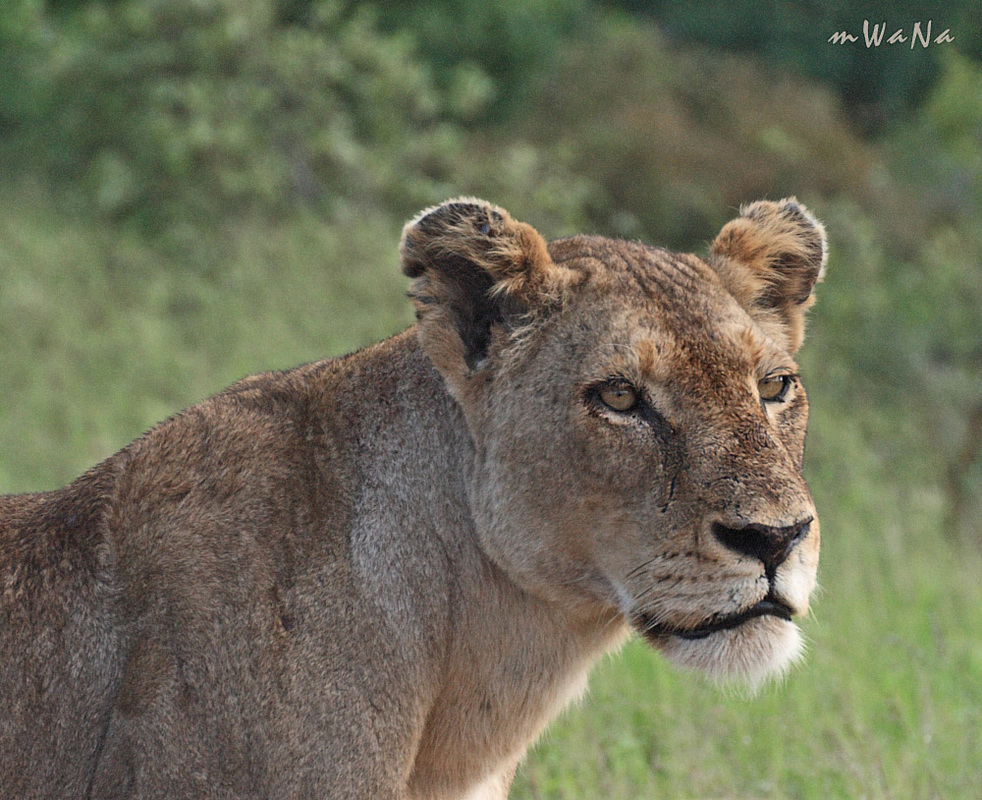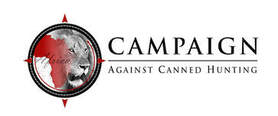
Conservation has been hijacked. The culprits are both exploitative industries and supine governments. Their banner is the policy of sustainable use.
"Forget preservation of natural functioning ecosystems", they argue dogmatically. “It is not practical in the modern overcrowded world. For the socio-economic benefit of rural Africans and other human communities we have to sacrifice the conservation ideal.” How very convenient for the hunting industry.
Well, we've had this paradigm for decades now, long enough for us to see that sustainable use is not working. Wildlife populations are plunging all across Africa.
Like a stolen car at a chop shop, African wilderness is being hacked into little pieces to be sold off for the highest profit.
In place of magnificent stretches of pristine wilderness where animals continue to evolve against each other as nature intended, we now have little fragments of land called ‘game farms’ where selected species are bred and kept like sheep or cattle. "Active management" is the euphemism for this ghastly parody of conservation.
Picture this:
- here is a rhino farm; a piece of land where rhinos are being bred. You can see rhinos and even shoot them if you have the money and that is your pleasure.
- over there is a lion farm. There you can pet cubs and shoot lions too.
- on another fragment of land is a buffalo farm, breeding animals with out-sized horns because that is what the hunters want.
- And over there is a tree farm, where for an entrance fee, you can admire plantations of imposing indigenous trees, which used to grace the wilderness but which were chopped down for firewood by local inhabitants in order to cook the meat from the poached animals.
- provincial game reserves host prides of "wild" lions, many with radio collars around their necks. "Actively managing" their numbers should be done scientifically, but the tourist lodges will not allow the females to be contracepted, because tourists want to see cubs all the time. The result is a surplus of lions for the available prey base, allowing the reserves to profit yet again by offering lion hunts.
This is not the future. I am describing SA conservation here and now. It is all about money. Wildlife must pay for itself. Protecting wilderness for its own sake, and for that of future generations is "elitist".
Extinction looms for many species. Scarce funding is squandered on wasteful talk shops like COP 17. While anti-poaching units struggle to provide boots for their rangers, hundreds of millions of dollars are spent on useless debate about whether this species should be moved from this Appendix to that, when enforcement of such technicalities is so poor that it really makes no difference. Lions are Appendix 11, leopards are listed as Appendix 1. Yet permits to hunt and export the trophies from both species drop like confetti from useless SA conservation structures.
Wildlife numbers continue to plunge. The only elephant that is not threatened is the fat white elephant – CITES.
We need a new conservation paradigm. Sustainable use has become sustained abuse. A return to rigid protection of wilderness and the politically difficult expansion of wilderness areas to allow for the migration routes of old, is the only way to arrest the disastrous decline in unspoiled wilderness and wildlife numbers.
If we fail to raise the bar of protection for wildlife populations then they will be driven to extinction. Those animals that survive the slaughter will find a fate worse than death, domesticated, living artificial lives in fenced camps as alternative livestock and being truly treated as human commodities. The "wild" is being taken away from wildlife as I write. This is an unintended consequence of the doctrine of sustainable use.
In my life time in Africa I have personally witnessed the wanton destruction of the greatest show on Earth. As a child, I learnt to play golf on a small town golf course in Zambia where it was not unusual to see lions roaming around the course. Now you can travel for hours in Southern Africa and not see a living thing – just miles and miles of barbed wire fences.
I cannot see African governments finding the political will to stamp out poaching and trespassing by local inhabitants and their livestock, let alone extending the parks to join up fragments of land into one meaningful whole. "Forced removals", “putting animals before people”, “neo-colonialism” etc - can you not just hear the angry accusations by political agitators?
Besides, why would governments ‘waste’ public funds – funds that could be better spent on buying patronage and political capital, executive jets and luxury cars, than on protecting voter-less wild places, when they can abandon these to the hunters and call such destructive activities "conservation".
People vote; animals do not. Democracy becomes tyranny in time, as the Greek philosophers remind us. For animals, the tyranny has always been there. It just gets worse. And animals are the sentinel species on the planet. Their fate today will be ours tomorrow.
For those of us with eyes to see it is all happening right now, right in front of us.
What a scary prospect for the future.
